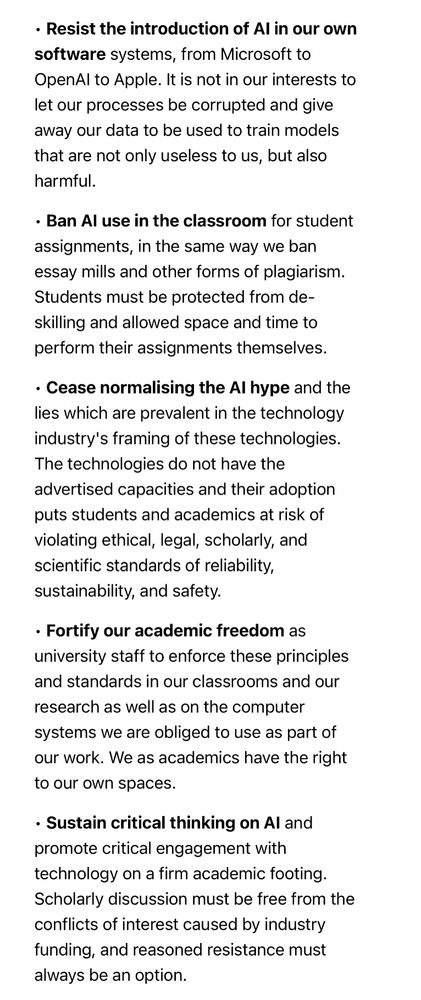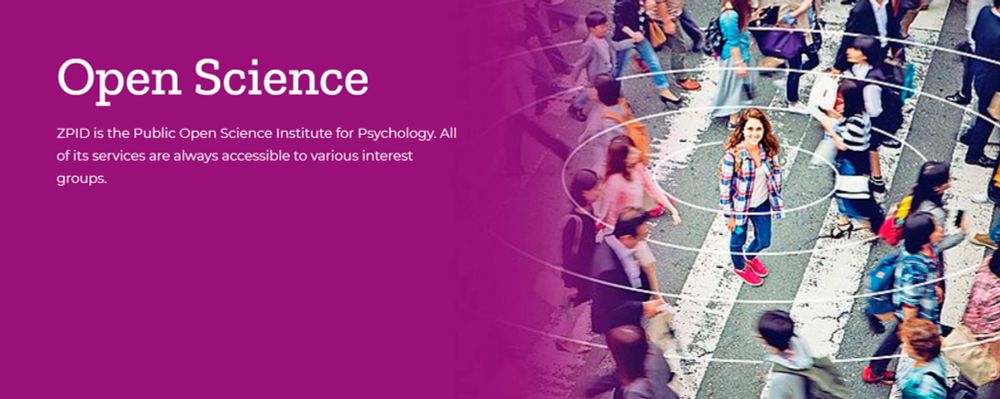
social psychologist (@LMU Munich) fascinated by antisocial behavior
Reposted by Mario Gollwitzer
Reposted by Linda J. Skitka, Jürgen Maier, Andrew Livingstone

Reposted by Mario Gollwitzer, Kai Sassenberg, Ingo Rohlfing

We analyzed 11,384 datasets (2013–2024): They're findable, but less reusable!
What relates most to differences in FAIRness? #Repository choice.
👉 Preprint: doi.org/10.23668/psy...
@mariogollwitzer.bsky.social @kaisassenberg.bsky.social #metascience #SciSci



Critical Artificial Intelligence Literacy for Psychologists. doi.org/10.31234/osf...
🧵 1/
Reposted by Mario Gollwitzer

H/t @MarkRubin.Bskyk.social
dynamicecology.wordpress.com/2025/09/24/e...
#metascience
Reposted by Mario Gollwitzer

#forschung
▶️Forschung und Lehre
www.forschung-und-lehre.de/heftarchiv/a...




"Thin" populism treatments manipulate perceptions of people-centrism + anti-elitism
But: some treatments (e.g., "American people") affect perceptions of host ideology, complicating causal analyses of impact of populist rhetoric
cup.org/4n3DvZm
Reposted by Mario Gollwitzer

Köhler et al. (incl. @mariogollwitzer.bsky.social) developed the "Moral Perspectives & Foundations Scale" & found that perspective-specific moral foundations do a better job at predicting political outcomes than perspectives or MFTs alone.
Open Access: doi.org/10.1027/1864...

Short answer: 53% include all 6 procedural specifications
Medium answer: 🧵
Long answer: check out my publication with A. Glöckner @mariogollwitzer.bsky.social J. Hellmann, J. Lange, S. Schindler & @kaisassenberg.bsky.social
doi.org/10.1177/2515...
Reposted by Mario Gollwitzer, Roland Imhoff

www.easp.eu/news/itm/ejs...
osf.io/preprints/ps...

Reposted by Mario Gollwitzer, Dolly Jørgensen, Kate Fullagar

openletter.earth/open-letter-...
Reposted by Mario Gollwitzer
Join our DFG funded META REP project on heterogeneity & replicability in psychology.
Work on meta analysis, simulations, modeling in R/Python.
📅 Apply by July 15
🔗 shorturl.at/939tP
🔗 shorturl.at/2bRLD
👇🧵
Reposted by Mario Gollwitzer
Esther Maassen meticulously simulated the effect of p-hacking and publication bias on effect size & heterogeneity estimates.
💡bad: selective outcome reporting & optional dropping
💡bad: publication bias
💡not so bad: optional stopping/outlier removal
osf.io/preprints/ps...
Reposted by Mario Gollwitzer

Reposted by Mario Gollwitzer, Constantina Badea

In these papers, @lakens.bsky.social
takes a deep dive into the two major crises in psychology.
Concerns about replicability, theorizing, relevance, generalizability, and methodology are discussed.
A must-read for every psychology researcher!
Available in #OA 👇👇
Reposted by Mario Gollwitzer, Lusine Grigoryan, Margo J. Monteith

leibniz-psychology.onlyfy.jobs/job/ux0vb9i0
Reposted by André Melzer

